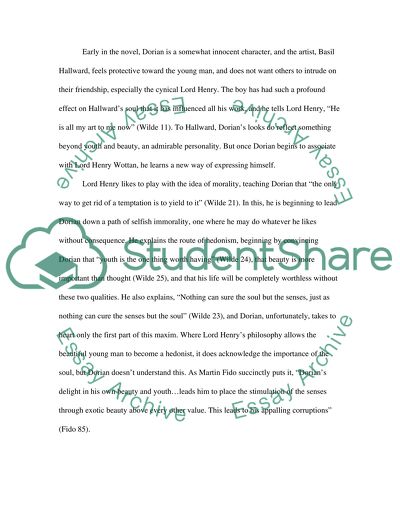Cite this document
(The Picture of Dorian Gray: The Sinful Consequence of Eternal Youth Essay, n.d.)
The Picture of Dorian Gray: The Sinful Consequence of Eternal Youth Essay. https://studentshare.org/literature/1500111-the-picture-of-dorian-gray
The Picture of Dorian Gray: The Sinful Consequence of Eternal Youth Essay. https://studentshare.org/literature/1500111-the-picture-of-dorian-gray
(The Picture of Dorian Gray: The Sinful Consequence of Eternal Youth Essay)
The Picture of Dorian Gray: The Sinful Consequence of Eternal Youth Essay. https://studentshare.org/literature/1500111-the-picture-of-dorian-gray.
The Picture of Dorian Gray: The Sinful Consequence of Eternal Youth Essay. https://studentshare.org/literature/1500111-the-picture-of-dorian-gray.
“The Picture of Dorian Gray: The Sinful Consequence of Eternal Youth Essay”. https://studentshare.org/literature/1500111-the-picture-of-dorian-gray.


